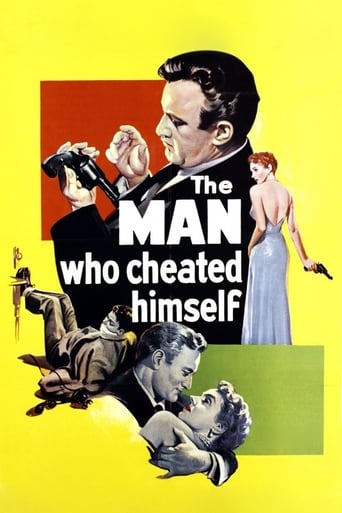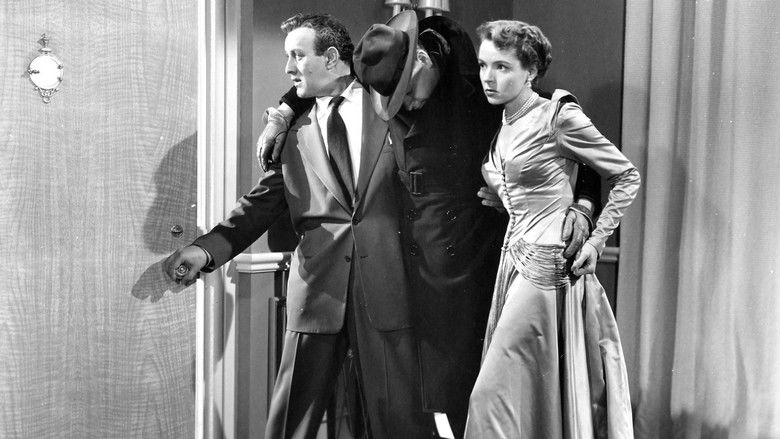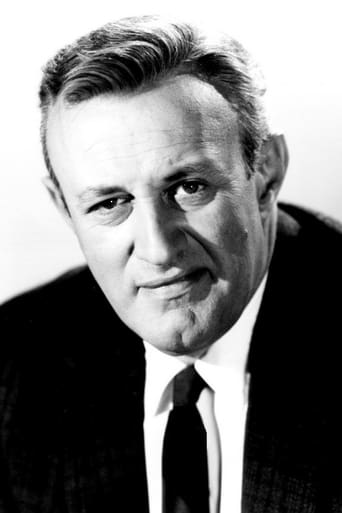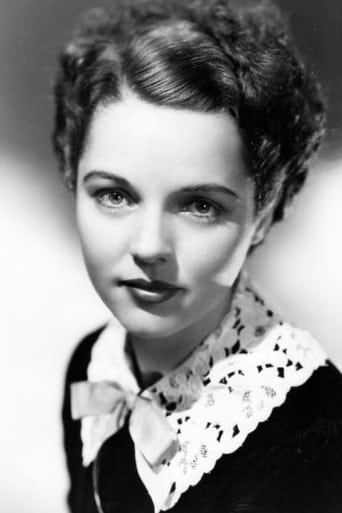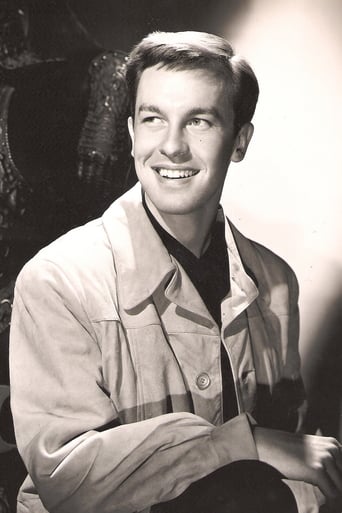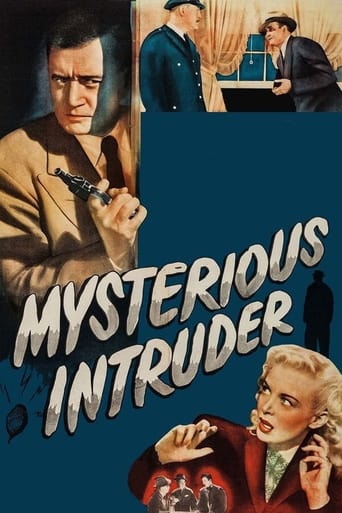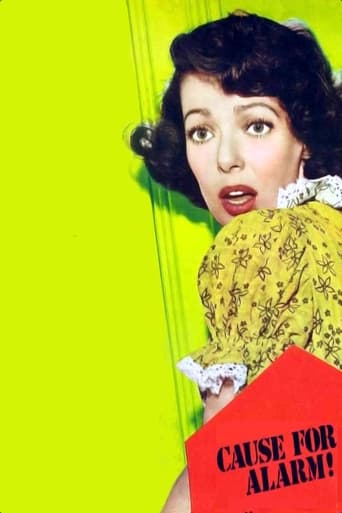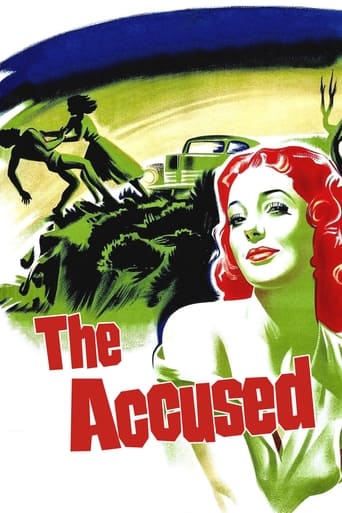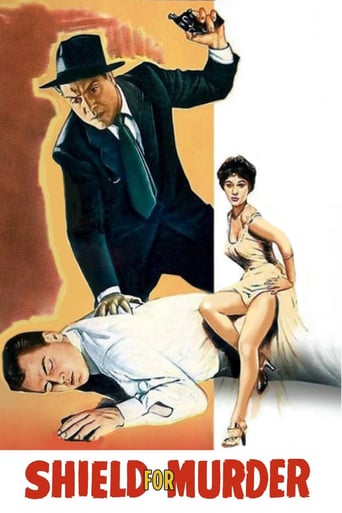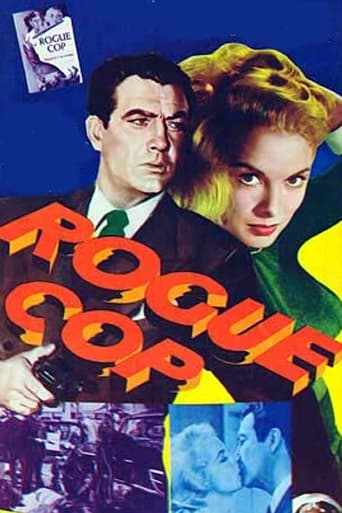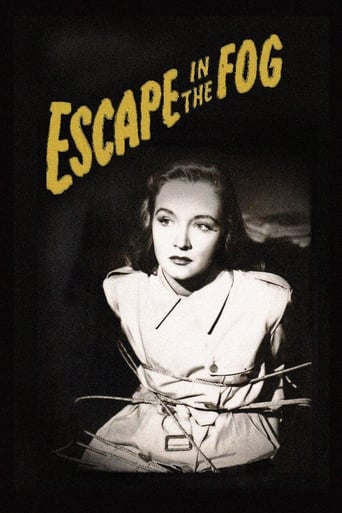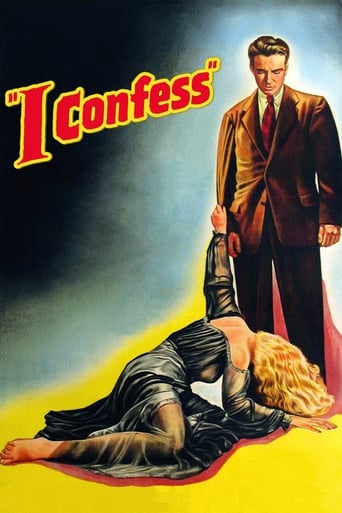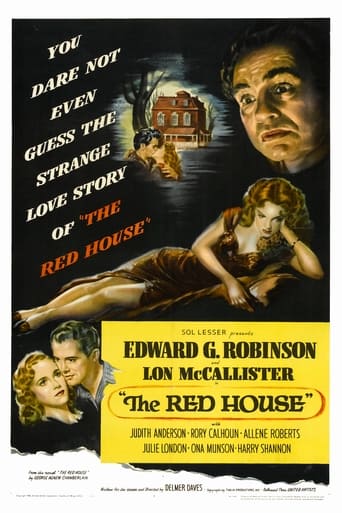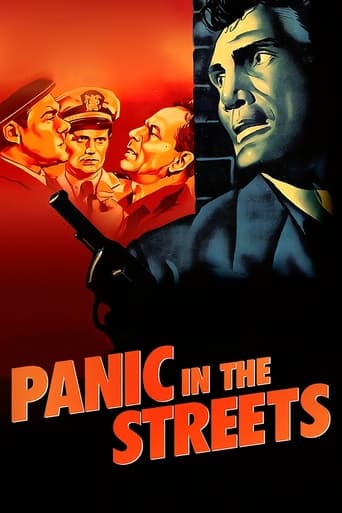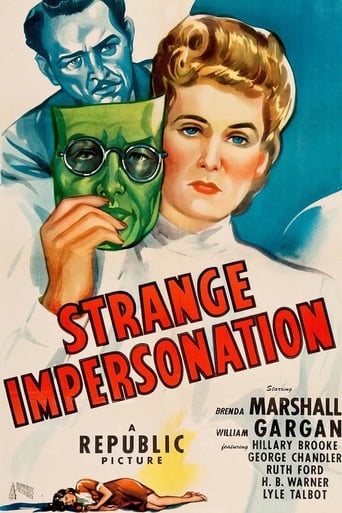The Man Who Cheated Himself (1950)
A veteran homicide detective who has witnessed his socialite girlfriend kill her husband sees his inexperienced brother assigned to the case.
Watch Trailer
Cast


Similar titles
Reviews
Playing the lead is unfamiliar territory for Lee J Cobb but a welcome change of pace in a role usually reserved for a handsomer marquee player. Love is in the air for the usually abrasive haranguer but in this case it leads to his undoing.Wealthy Lois Frazier (Jane Wyatt) is in the midst of an acrimonious divorce with her husband Howard. When she finds a receipt for a 38 she immediately suspects her hubby might want her dead as well. Fortunately for her she's involved with police lieutenant Cullen (Lee J Cobb) who can smooth things over. When the husband returns she drills him and Cullen clumsily tries to cover the murder up. His green detective brother (John Dall) psyched in his first week on the job begins to piece things together while Cullen does his best to distract him from the trail. But he may have taught his brother too well.Cobb acquits himself well in a part that calls for softness and not the generic intolerance and rage he specializes in. He has the rumpled veteran dick down pat but in his clinches with Frazier a realistic every-man blinded by beauty. As the supercilious Frazier, Wyman overreaches but for those of us brought up in the 50s it can be quite jarring to watch Father Know's Best wife making out with Johnny Friendly.A B-picture Double Indemnity it lacks the classic's dialogue but director Felix Feist does have top shelf cinematographer Roger Harlan ( Gun Crazy) along for the ride who delivers at least two scenes ( an interrogation and an abandoned factory scene near the Golden Gate) that any noir or crime drama would be proud to inject into their mise en scene.
This film noir flick begins with a simply horrible acting performance by Jane Wyatt--perhaps some of this might be the result of how the part was written. While she could do fine work, this was NOT her shining moment. In a wildly histrionic scene, she shoots her husband and her cop lover (Lee J. Cobb) is a witness to the killing. She claims it was in self-defense but the scene was just handled poorly. Could the rest of the film make up for this goofy scene? And, will her lover get away with making it look like he was killed elsewhere by someone else? And, what happens after Cobb throws the gun in the harbor AND someone is soon killed with this very gun? Well, fortunately it DID get better. While it's not among the best film of the genre, it was interesting and reasonably well made. Aside from Miss Wyatt's occasionally histrionic acting, the story was good and there is little to dislike. And, although I disliked Wyatt in the beginning, the way the film ended was great--and her character really worked well in this dandy finale in the courthouse. Well worth seeing.
I agree that Jane Wyatt is horribly miscast here, particularly at the end, where she is revealed as a cold-hearted vixen playing the men for her advantage. Ole Jane just can't carry a part like that. She's made to play the good wifey, as she did so well on "Father Knows Best." Her natural aura of sweetness actually spoiled some of the plot effects. A tougher woman might have led us to believe that she really did intend to kill her husband, that it was not an accident, and might have hinted that she had some ulterior motive in forming a liaison with a homicide policeman. As it was, when she asked the cop if he wanted to marry her, it didn't make sense. Why would a rich lady like her want to become the wife of a policeman? And, by the way, how did they ever get involved in the first place? That might be more a hole in the writing than in her acting - it's hard to imagine any reason for such a rich, elegant society lady hitching up with a run-of-the-mill cop, especially while she's still married to another man - but a more slinky actress (Veronica Lake leaps to mind) could have bridged the gap in the plot with a few well chosen eyebrows raised, fleeting smiles, sidelong glances, and suchlike.The interplay between the cop trying to hide the crime and his brother trying to uncover it is the best part of the movie. I especially liked the moment when the brother is staking out the woman's house and sees his brother come out the front door. It struck me that a little more effort should have gone into developing and prolonging the awkwardness of that moment.The scenes in the derelict building are visually interesting, and excellent use is made of the sound of the wind and of footsteps echoing down the empty corridors. A first-rate ending.By the way, what's with all those Nash Ramblers (or some kind of car made by American Motor - I even saw a Studebaker) everyone is driving? Were they as funny-looking to people in 1950 as they are to us today?
Two of my favorite writers, Seton I. Miller and Philip MacDonald, worked up this somewhat familiar plot (husband tries to murder rich wife and make it look like a burglary but he gets killed instead) into a moderately suspenseful police thriller, which maintains interest with a few clever plot twists and a thrilling bit of action across downtown San Francisco roof-tops, before coming to a really grand climax at the marvelously spooky Fort Point, followed by a winningly ironic conclusion (which surprisingly got past the censors back in 1950).Cobb astutely underplays the lead role of the seasoned, crime-weary detective. Jane Wyatt's heroine-in-distress commendably follows Cobb's lead, leaving all the histrionics to the second-string team of John Dall and Lisa Howard. Despite Dall's efforts, however, it's Alan Wells as murderous punk who easily walks away with the movie's acting honors.Felix Feist has handled all the action with his customary competence, and other credits are equally serviceable.When this film was originally released much was made of the remarkable fact that it was produced by Jack Warner, Jr, the son of Warner Bros mogul, Jack L. Warner. Jack Jr made three movies: The Admiral Was a Lady (executive producer), then this one, and finally Brushfire (1962) which he also wrote and directed. Oddly, none of these movies were distributed by Warner Bros, though Jack, Jr, worked for some time as an executive in the Warner TV division.

